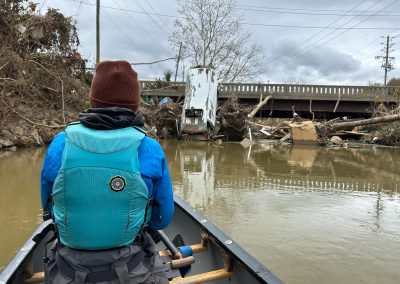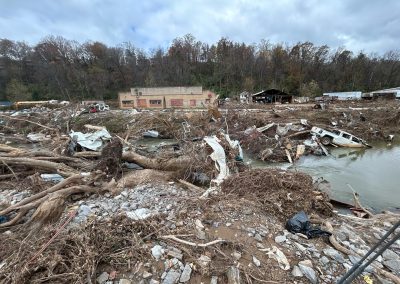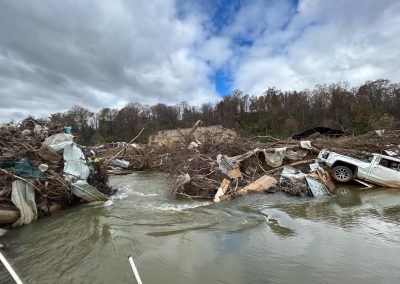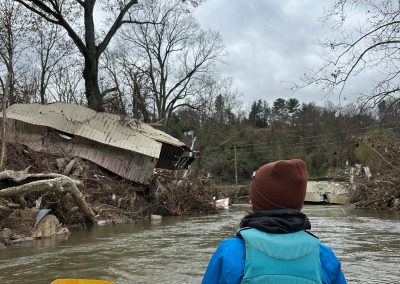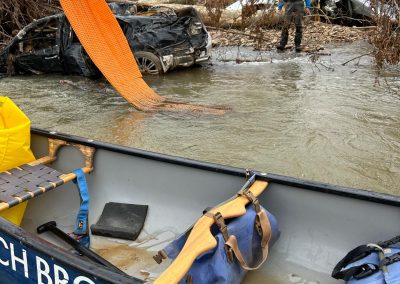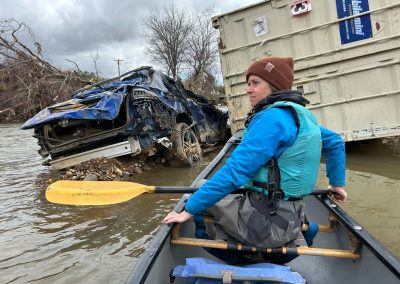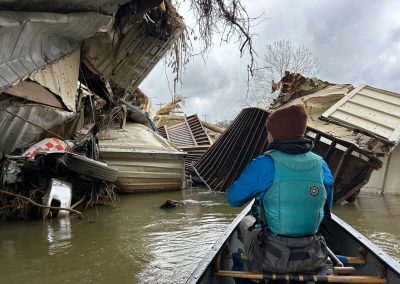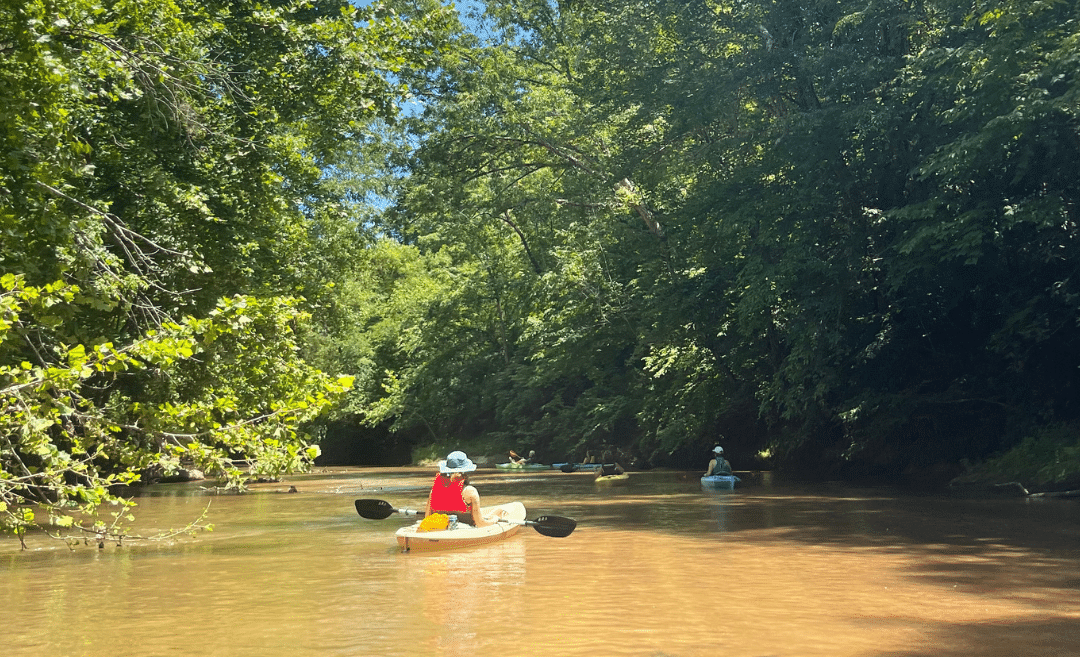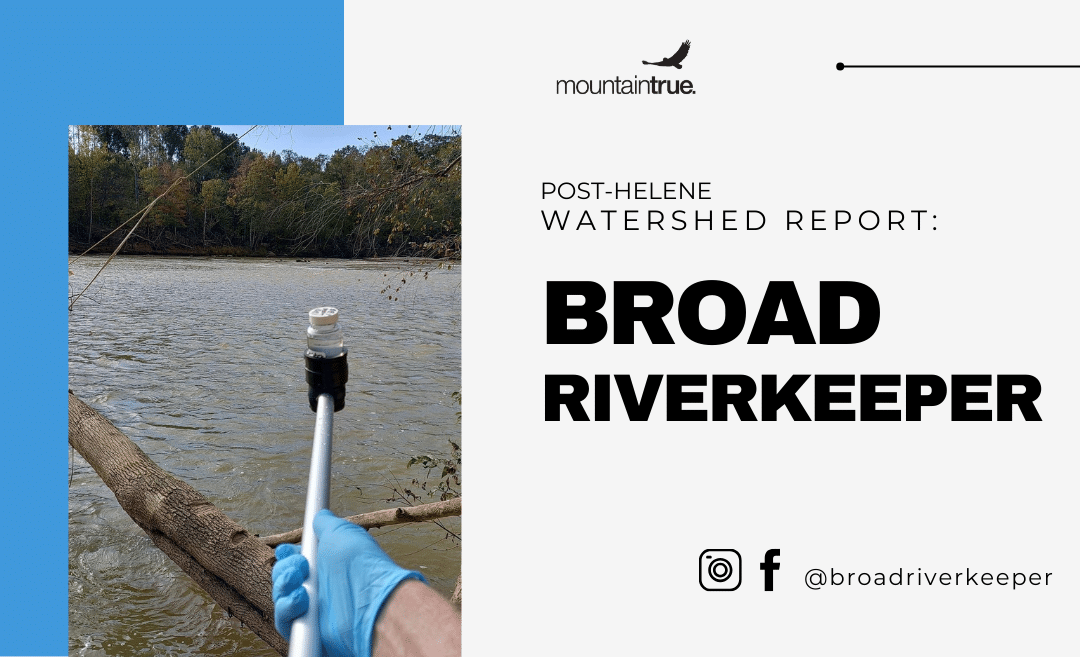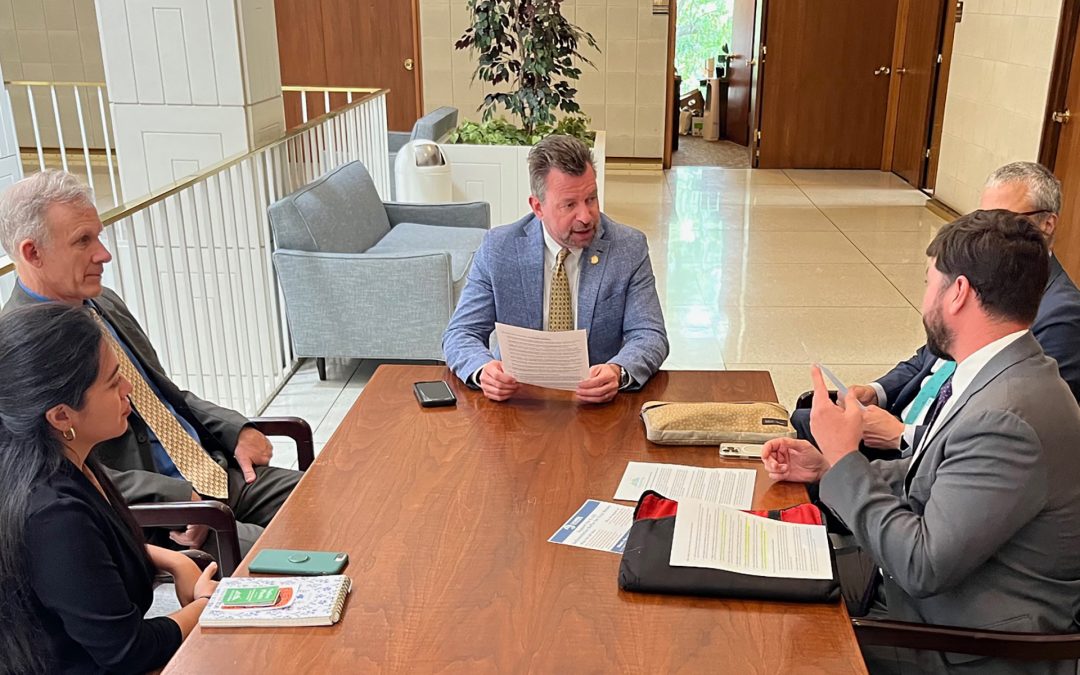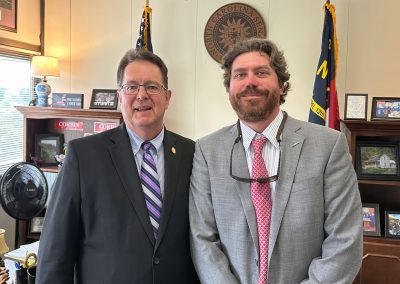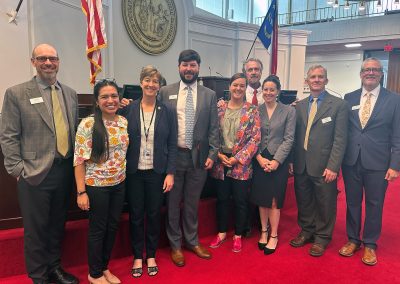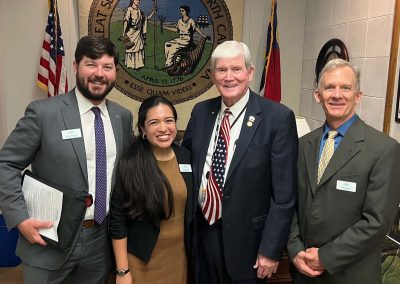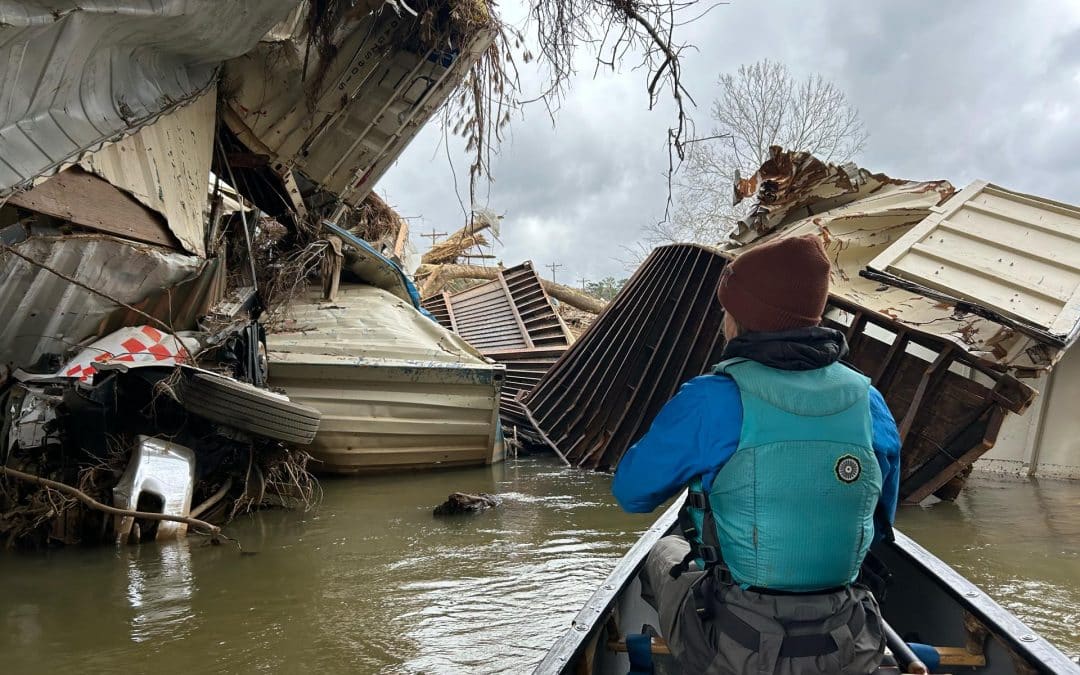
Action Alert: Help Us Remove Debris From Our Rivers After Hurricane Helene
Action Alert: Help Us Remove Debris From Our Rivers After Hurricane Helene
This action has expired
Our rivers are in a state of emergency. The aftermath of Hurricane Helene has left our waterways choked with millions of tons of debris and pollution. While our communities have shown resilience in the face of this disaster, the task of restoring our rivers is a pressing and ongoing one. Below are photos from a recent scouting trip down the Swannanoa River that underscore just how much work is still left to be done.
Yet, we’re left anxiously waiting for the “Big Cleanup,” which will require millions of dollars in state investment. This will help us get boots on the ground and hire hundreds of out-of-work people in our region to clean up and restore our rivers.
Please take action today by emailing your NC Senate and House leaders to let them know that the recovery of our rivers and local outdoor economy needs their help. It is a pressing issue that requires immediate attention and inclusion in Helene relief legislation expected to be taken up this week at the NC General Assembly.
What’s at Stake:
- Outdoor Recreation Drives Our Economy: Outdoor recreation contributes $4.9 billion in visitor spending annually to our region, supports 48,000 full-time jobs, and generates $197.5 million in county taxes.
- Our Rivers Are Central to Recreation: 36% of visitors come to fish, 24% to swim, and 14% to paddle or tube. Without healthy rivers, these economic and cultural benefits are at risk. (MADE x MTNS Outdoor Recreation Participation Study)
- A Unified Call for Action: The health of our rivers is not a partisan issue. It’s a matter of public safety, environmental stewardship, and economic vitality.
We need your voice to convince our lawmakers to swiftly pass a robust Hurricane Relief package that includes the funding we need to remove debris from our rivers and protect our outdoor economy.
Take Action Today:
- Email Your Legislators Now:
Tell your NC Senate and House leaders why restoring our rivers matters to you and your community. - Make It Personal:
Share your story about how our rivers impact your life, whether it’s through fishing, paddling, swimming, or simply enjoying their natural beauty. Make sure your voice is heard. - Spread the Word:
Share this alert with friends and family. The more people who take action, the louder our call for restoration will be.
Together, we can make a difference. Let’s restore our rivers, protect our outdoor economy, and ensure that future generations can enjoy the beauty and bounty of Western North Carolina’s waterways.
Sincerely,
Hartwell Carson
French Broad Riverkeeper
& Interim Clean Waters Director
Photos taken from a November 15 scouting trip down the Swannanoa


